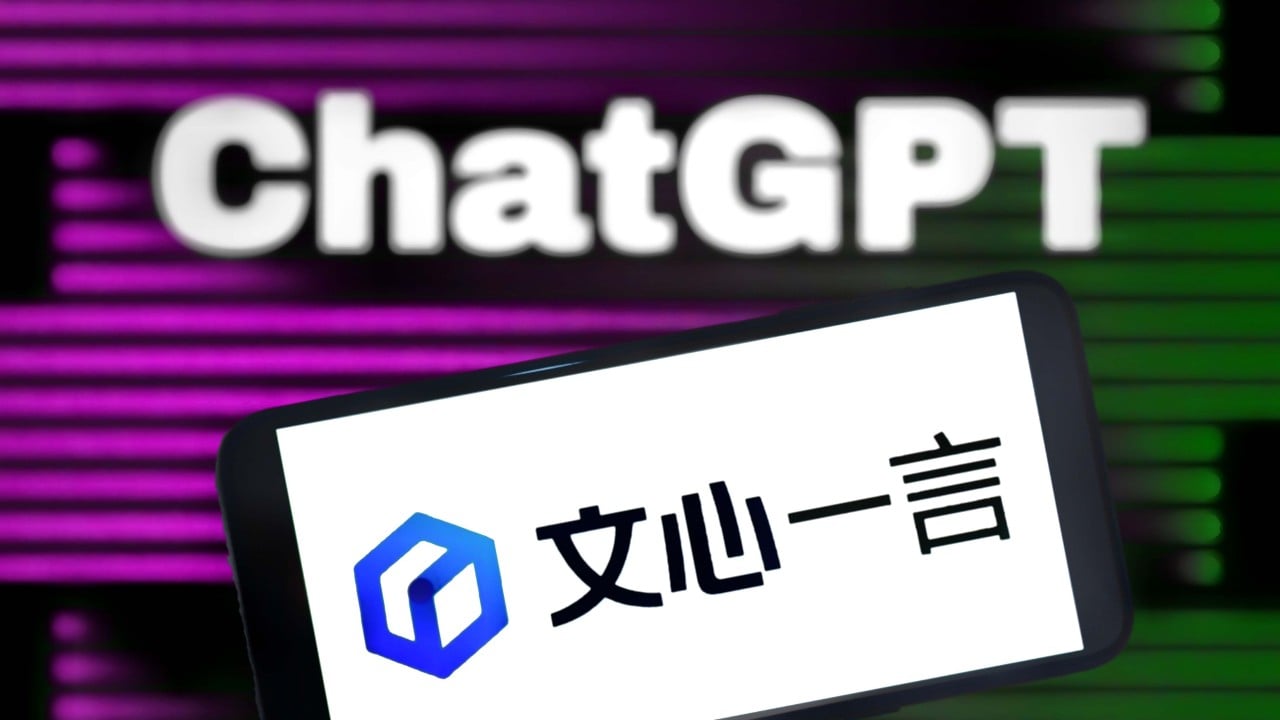SkyNet, the world-destroying artificial intelligence system in the blockbuster movie The Terminator, might have been science fiction. But senior officials from around the world are taking the potential danger posed by AI to humanity seriously.
Even representatives from China and the United States, now locked in an arms race over AI development, shared the same stage at Britain’s AI safety summit this month. The outcome of the summit was the Bletchley Declaration, signed by both countries along with 26 others and the European Union.
The signatories agree to collectively manage potential risks through responsible collaboration, especially with respect to privacy, cybersecurity, online disinformation, biotechnology and future warfare. While the pledges are just that, without means to enforce them, they amount to a code of conduct that may provide a framework for more responsible development of frontier technology.
More exact guidelines will be drawn up at two more international AI safety summits in France and South Korea next year.
Some Chinese AI researchers have called for stronger regulations. They are among a group of leading international scientists who have proposed the creation of a global regulatory body empowered to audit AI systems of registered member institutions, mandatory budget allocation for safety research, and instant shutdown procedures to ensure no AI systems operate out of human control.
Their proposals go beyond those included in the Bletchley Declaration and other regulatory frameworks being rolled out in the EU and the US. The latest executive order issued by the White House has imposed new rules on privacy, national security, labour discrimination and online disinformation to which US firms with the biggest AI budgets such as Google, Meta and Microsoft will be subject.
Baidu CEO slams China tech firms’ frenzy over AI models as ‘waste of resources’
Baidu CEO slams China tech firms’ frenzy over AI models as ‘waste of resources’
In the midst of a chip war waged by the US against China, at least the two sides are talking in a multilateral forum. China is catching up fast.
Mainland researchers have just developed a chip that is even faster and more energy-efficient than some current high-performance AI chips. It’s a good start that both sides agree there need to be global guardrails and rules even as the chip war is not going away and the two sides will remain frenemies.

